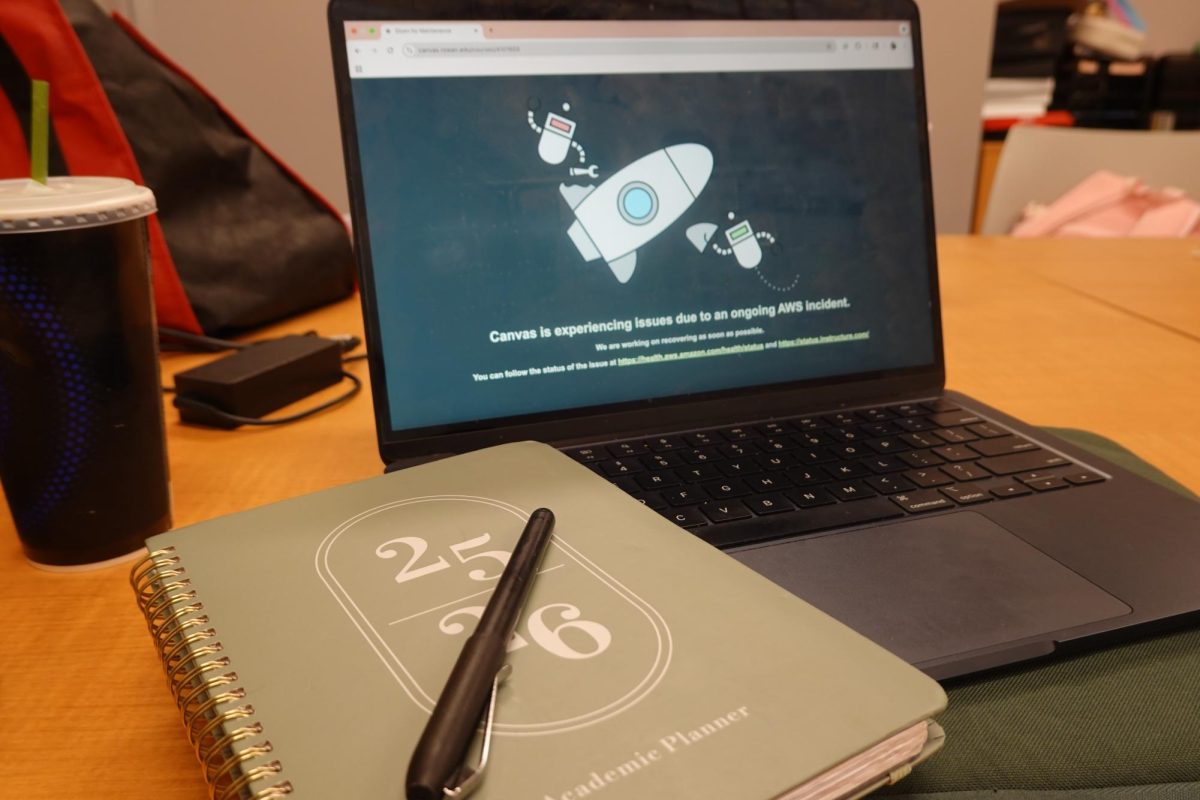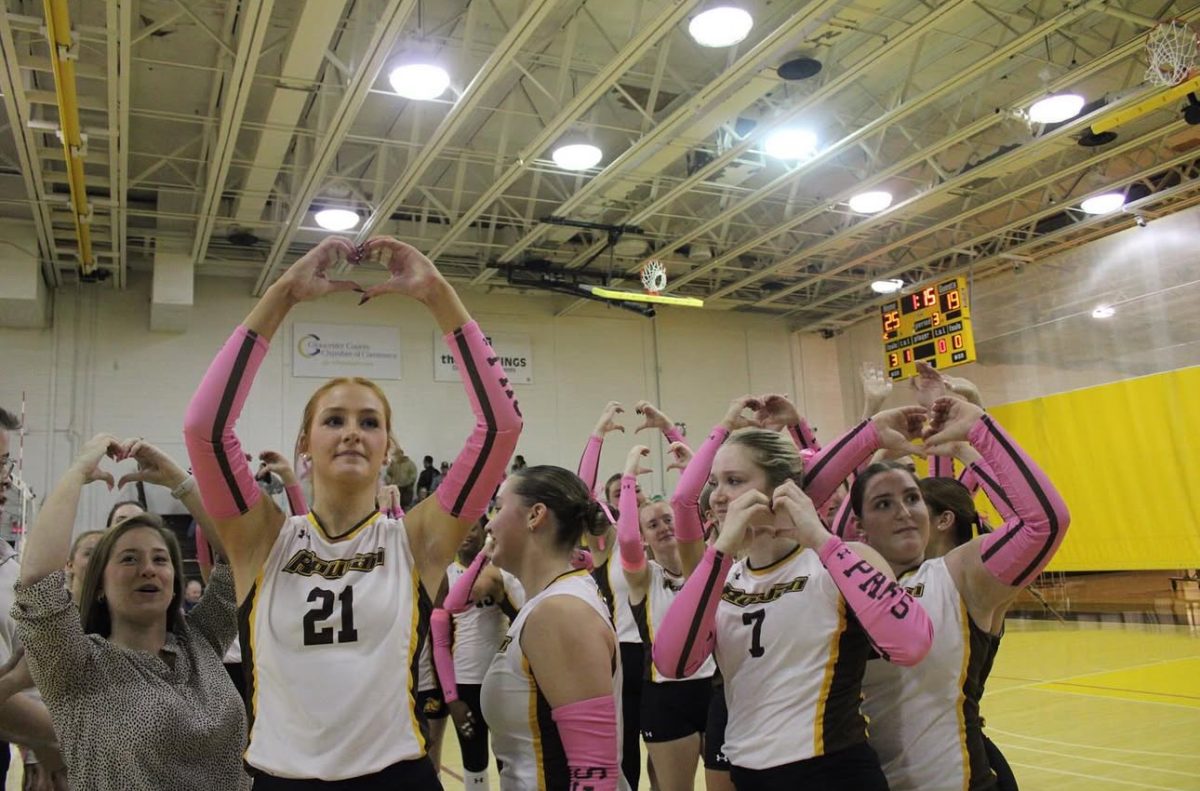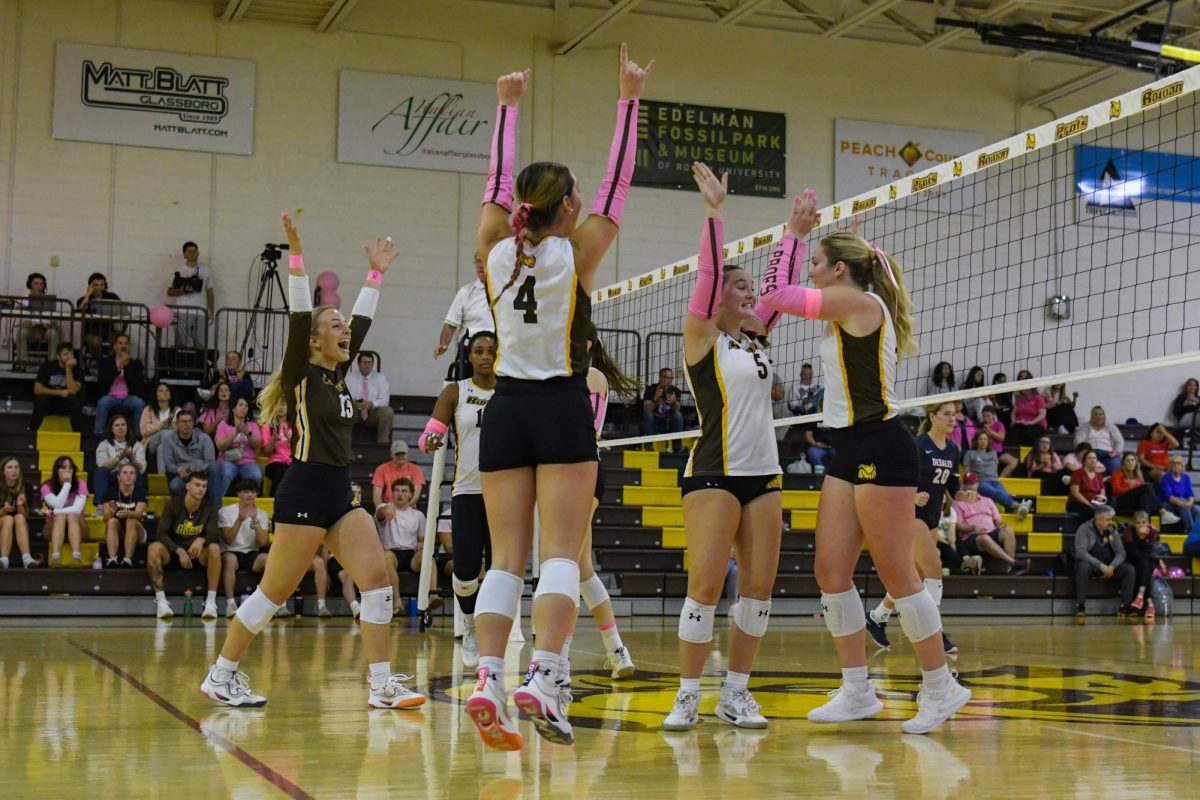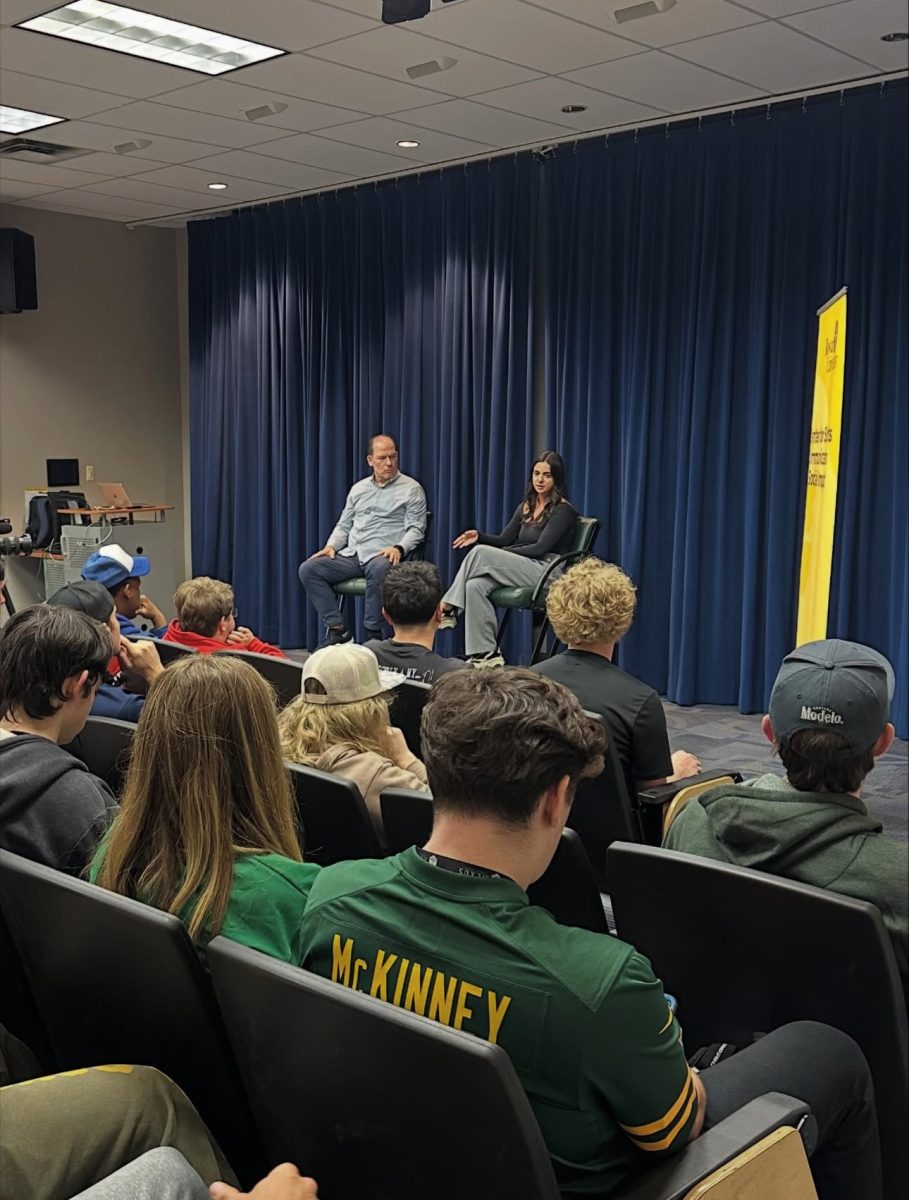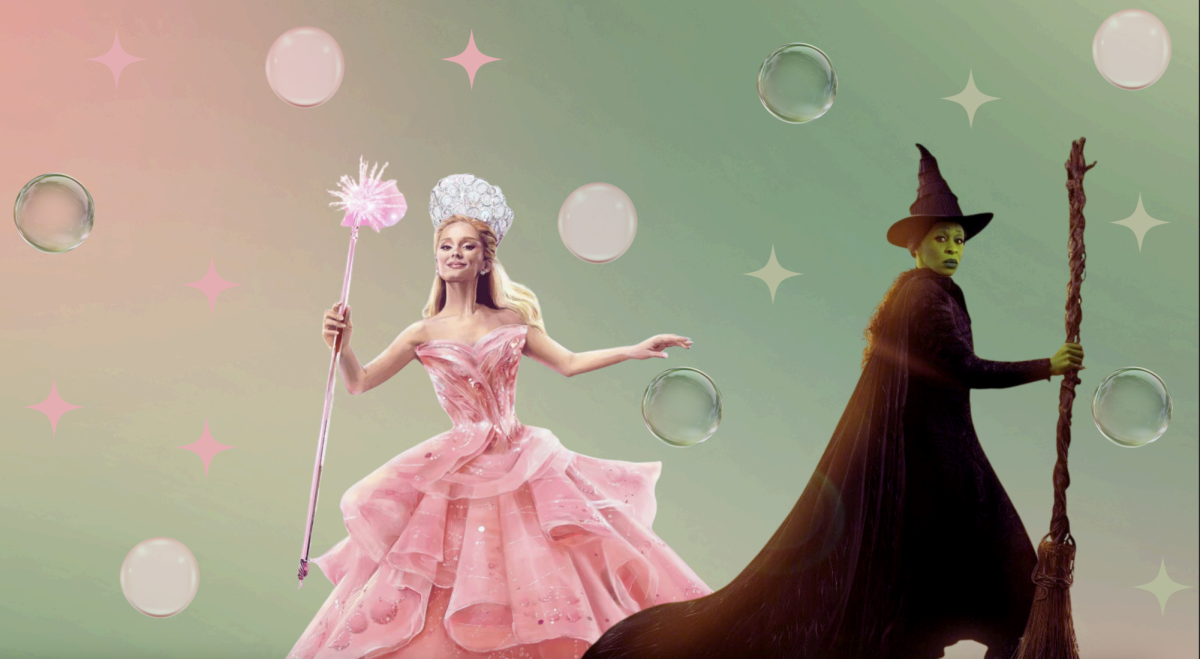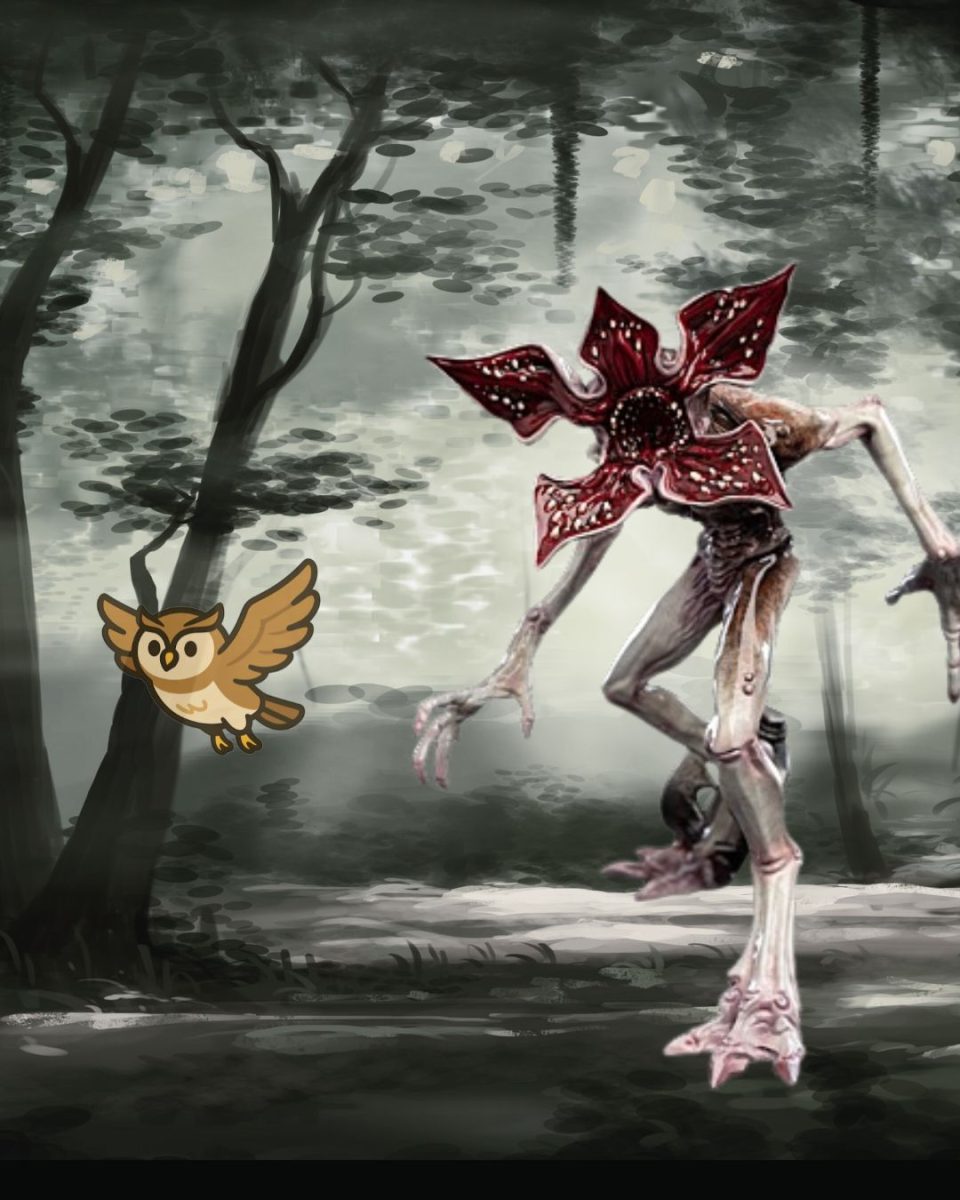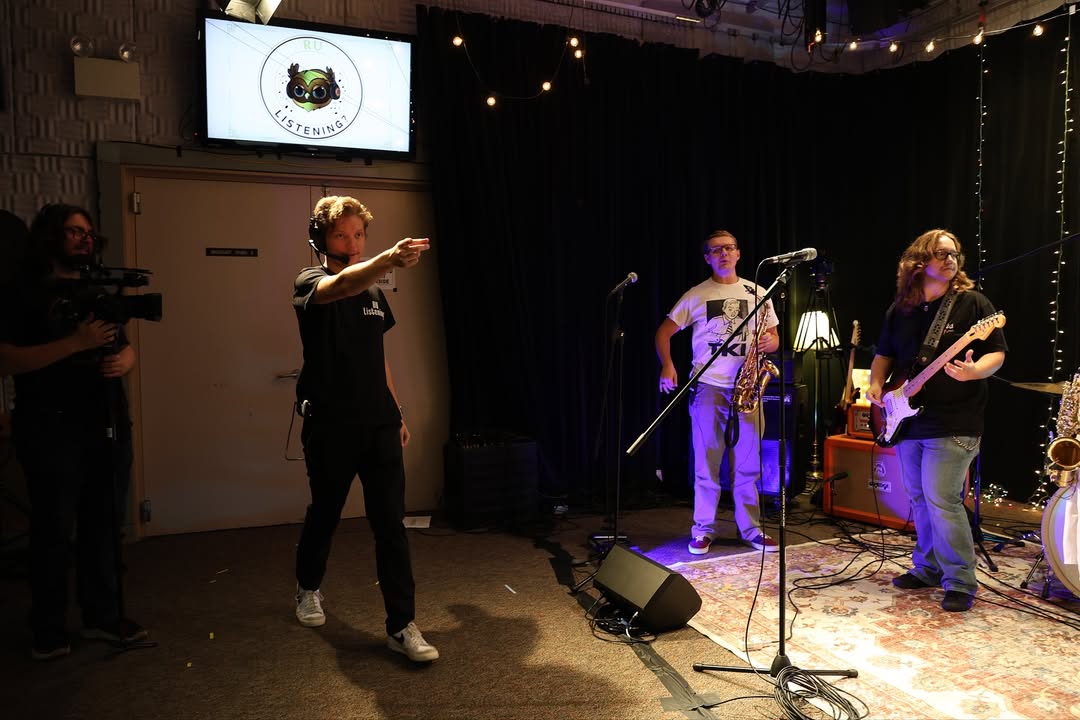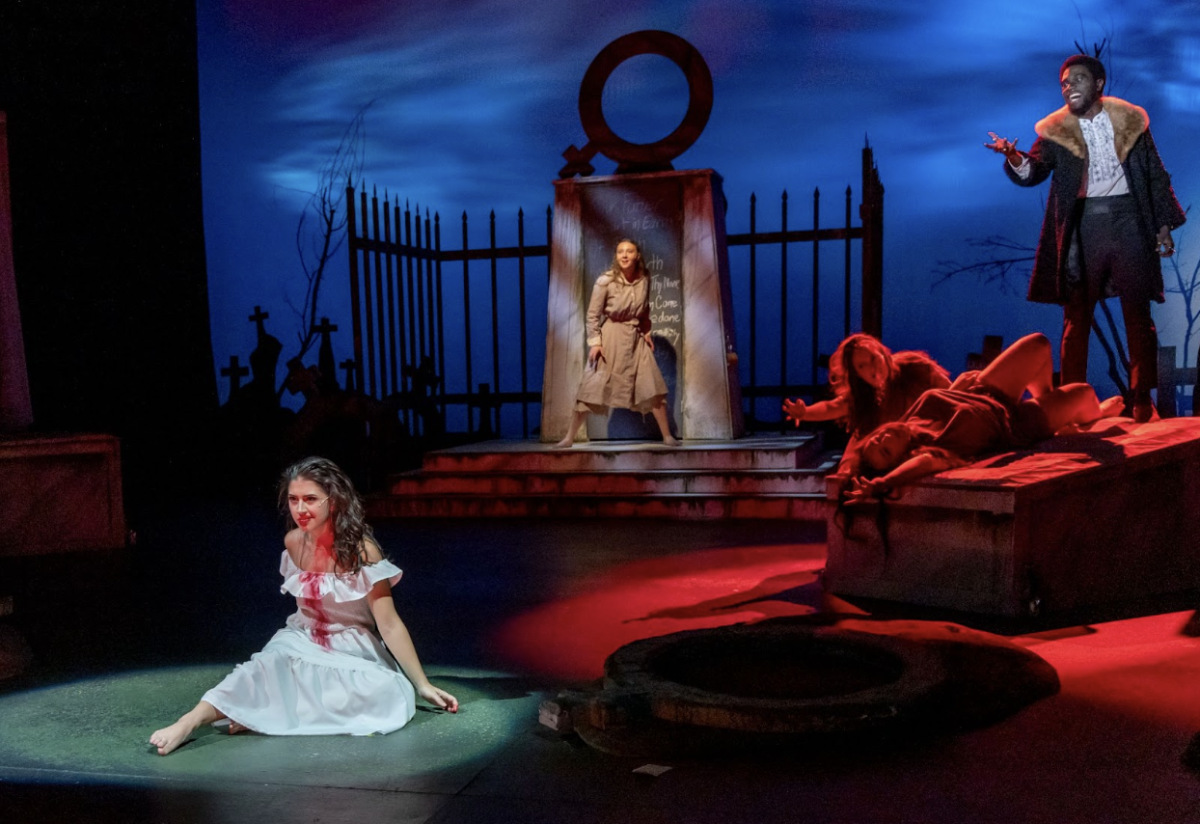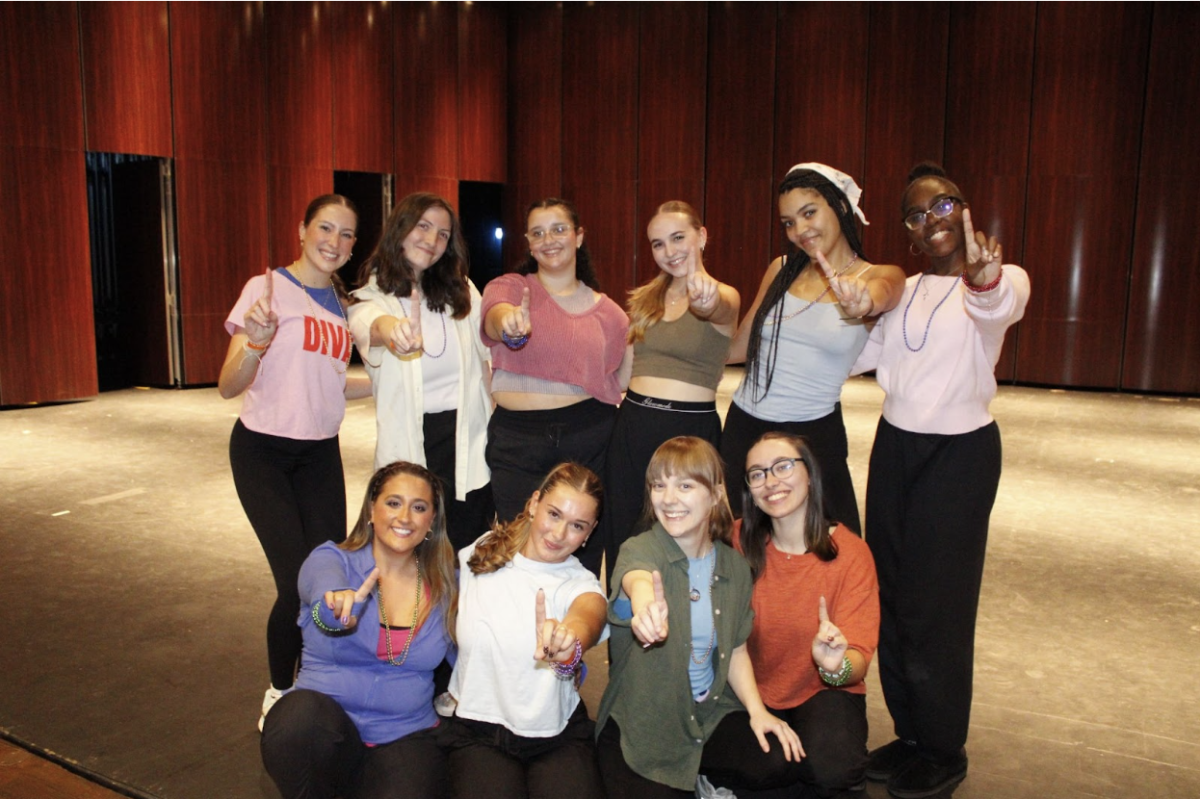There are a lot of opinions that people hold on modern media. Some say that we have become too sensitive, and prefer to shield ourselves from the harsh realities of our world. Others think that we aren’t sensitive enough, refusing to accept the effect that popular culture can have on our society.
Personally, I believe that it depends on the context, but admittedly I find myself agreeing with the former, in most scenarios. At its core, entertainment is meant to be entertaining (who would have guessed?). But that’s not the only purpose served.
Media can be used to open the public’s eye to what’s going on in the world, or it can provoke a deeper understanding of any number of subjects. But none of that is possible if creators are too afraid of overstepping some invisible line that earns them the ire of the public for all eternity.
For context, one need look no further than the upcoming film “JoJo Rabbit”, directed by Taika Waititi. The film takes place during World War II, where a young boy, excited to be a part of the Nazi party, suddenly finds himself conflcited when his mother hides a Jewish girl in their home. The movie is intended as both a light hearted take on certain events that took place in Nazi Germany, while also showcasing a touching coming of age story about a boy growing up during one of the most dangerous time periods in history.
As the movie approaches release, journalists have taken it upon themselves to find controversy in this movie. Already claims of anti-Semitism, and bad taste have come to surface, despite the film not actually being out yet.
Admittedly, it is concerning that I have to keep discussing movies that have yet to be released but it really is the best way to illustrate my point. Regardless of a movie’s plot, there are some important things to remember. Movies aren’t always meant to be a safe place where everything is sunshine and rainbows. The entertainment industry makes films with the intention of getting butts in seats.
That goal would be difficult to achieve if the same movie with a similar plot were to be churned out each month with no risks taken. The consensus seems to to be that the mere mention of the word Nazi is going to stir up outrage, as if movies like “The Producers” and “Ingloriuous Basterds” haven’t already done something like this before.
It is likely that comedy has been affected by this more than anything else. People often see jokes as making light of a topic that should be discussed carefully. Comedians like Dave Chappelle and Jerry Seinfeld have consistently said in interviews that the world has only grown more frustrated with their humor. Crowds gasp at jokes considered racy or offensive before the comedian is hurried off the stage only to get torn apart on social media. But in reality, comedy has been at its best when the presenter can get up there and say whatever it is they’d like to say.
And therein lies the issue with a film like “JoJo Rabbit”. If the movie chose to take a more serious tone, then perhaps critics would treat it more gently. Instead, the movie’s trailer wears its comedic intentions on its sleeve, with plenty of dry wit regarding the main character’s imaginary best friend, Hitler .
What the public needs to understand is that the intention of this movie isn’t to offend, nor is it to make light of the ruthlessness of the Nazi regime. Rather, it attempts to entertain, all the while raising the same questions its more serious predecessors asked before it.
Context is vastly important, especially when it comes to comedy. Before you feel the need to defend yourself after someone offends you, ask yourself what was really their intention. Or better yet, are you really even offended?
The words comedy and sensitivity appear to have gone hand in hand as of late, much to the detriment of the industry. Maybe one day we’ll be able to return to a time where a joke is taken as such, instead of being seen as an attack on someone’s beliefs.
Until then, it’s my hope movies like “JoJo Rabbit” continue to chip away at the mold piece by piece until it finally shatters.
For questions/comments about this story, email [email protected] or tweet @TheWhitOnline.












